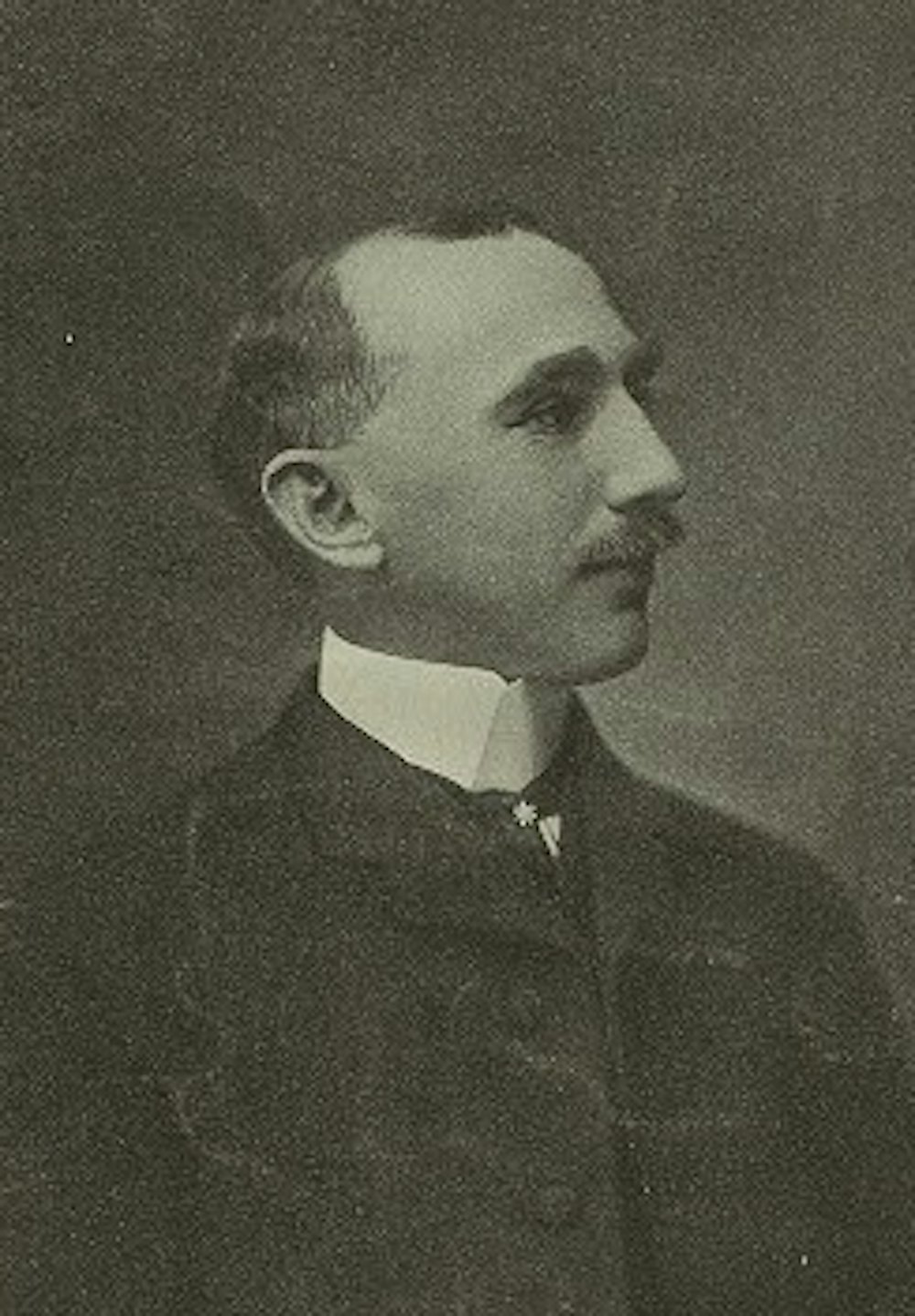By Madison Julius Cawein This is the tomboy month of all the year, March, who comes shouting o’er the winter hills, Waking the world with laughter, as she wills, Or wild halloos, a windflower in her ear. She stops a moment by the half-thawed mere And whistles to the wind, and straightway shrills The hyla’s song, and hoods of daffodils Crowd golden round her, leaning their heads to hear. Then through the woods, that drip with all their eaves, Her mad hair blown about her, loud she goes Singing and calling to the naked trees; And straight the oilets of the little leaves Open their eyes in wonder, rows on rows, And the first bluebird bugles to the breeze. This poem is in the public domain. About the poet: Madison Julius Cawein was born on March 23, 1865, in Louisville, Kentucky. At an early age, he developed an interest in storytelling and translating literature from Latin and German into English. While in high school, he began writing poetry. He attended the College of Liberal Arts of the University of Louisville, and received a bachelor of arts in 1886. After graduation, he took a job as a cashier at a pool hall, where he worked for eight years. The job funded him while he focused on writing. He published his debut collection, “Blooms of the Berry,” in 1887. All told, he published over thirty volumes of poetry, including “Kentucky Poems” in 1902. By the turn of the 20th century, Cawein began to suffer from both financial and health problems. He also realized that his poetry was falling out of fashion. He died of apoplexy on December 8, 1914, at the age of 49, and was buried in Cave Hill Cemetery in Louisville. Due to the influence of English Romantics on his work, he was known as the “Keats of Kentucky.”March
